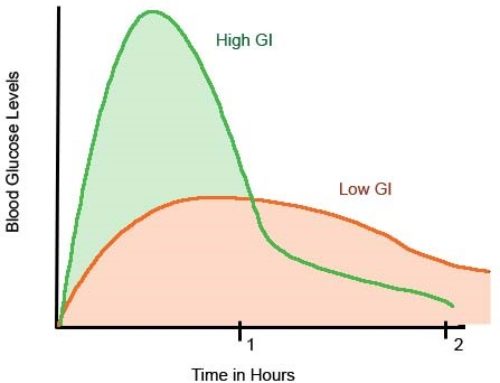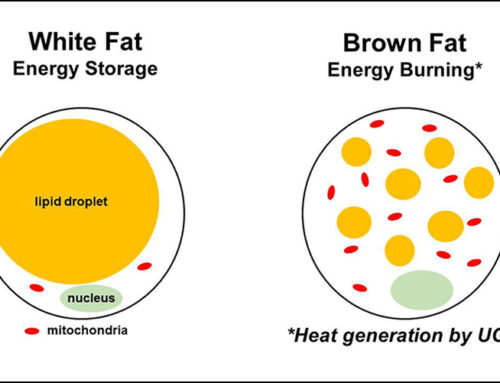Did you know that Magnesium is one of the body’s most vital minerals and controls over 300 chemical reactions and processes in the body? It is necessary for protein synthesis, muscle and nerve functioning, bone development, energy production, the maintenance of normal heart rhythm and blood pressure, healthy immune system and the regulation of glucose. Low magnesium intake can lead to illnesses such as high blood pressure, heart disease, diabetes, osteoporosis, and migraines.
Some signs that you may be magnesium deficient include:
- Muscle cramps (including cramping during menstruation)
- Fatigue
- Loss of appetite
- Insomnia
- Poor memory
- Reduced ability to learn
- The following are some of the signs that you have a more severe deficiency in magnesium.
- Tingling or numbness
- Heart changes or rapid heartbeat
- Nausea or vomiting
- Personality changes
- Delirium
- Low calcium or potassium levels
- Retention of sodium
- Low circulating levels of parathyroid hormone
For natural foods rich in magnesium try these:
- Sunflower seeds
- Nuts including Almonds, Walnuts, Cashews and Peanuts
- Cocoa Beans
- Whole wheat bread
- Soy milk
- Black Beans
- Broccoli
- Spinach
Low magnesium levels can be due to a lack of magnesium rich foods in the diet, absorption issues, lack of Vitamin D, medications or high levels of toxic metals in the body.
If you would like to learn more about minerals such as magnesium, have a look at the courses we offer in nutrition at the link below.





Leave A Comment